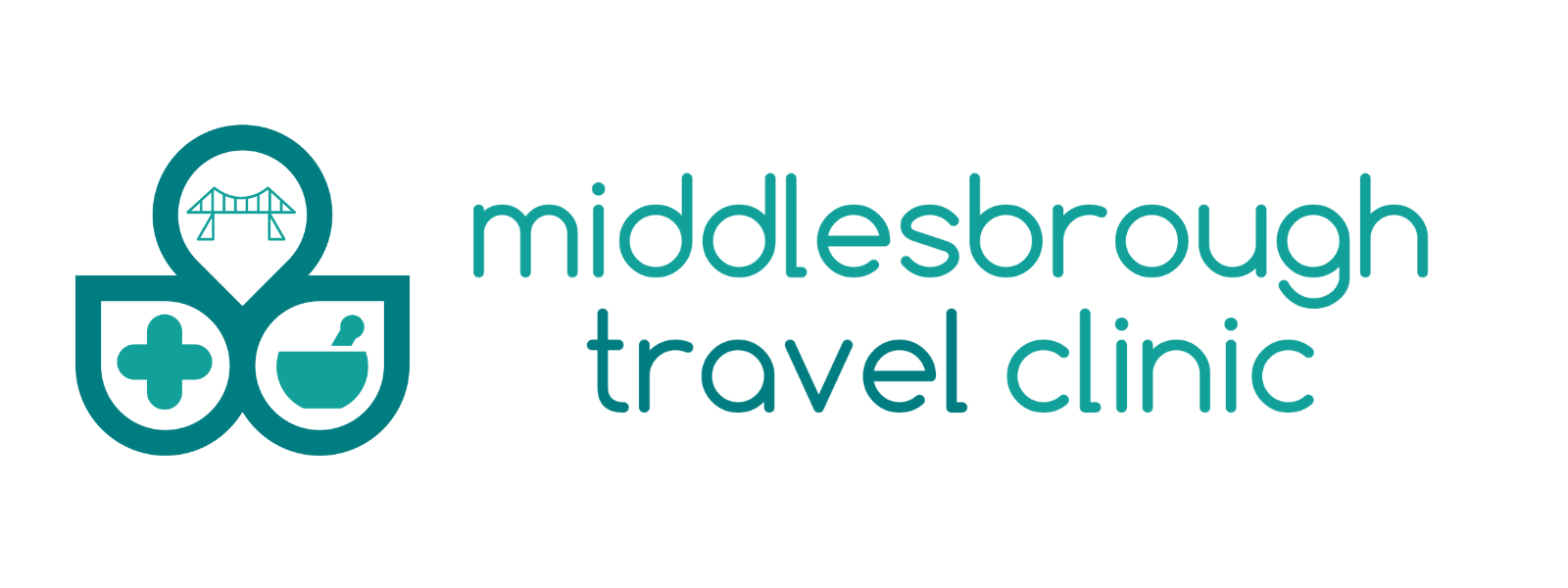Malaria
Malaria is a potentially severe and at other times a deadly disease that is transmitted by bites of an infected Anopheles mosquito. Malaria is mostly common in different tropical areas around the world.
In people, the infection is caused by five different species of the Plasmodium parasite. Malaria is extensively spread throughout tropical areas of the world including in some parts of Africa, Asia, Central, and South America, the Caribbean, the Middle East, and Oceania. However, the disease is not only preventable but also curable if diagnosis and treatment are fast.
Atleast 1,500 Malaria cases are reported every year in travellers coming back to or arriving in the UK. Eight or fewer deaths have been reported annually since 2006. The risk of malaria differs depending on the season, geographic location, activities, type of accommodation, and the use of antimalarial prevention medicines and practicing bite avoidance measures.
Travellers visiting regions where malaria happens are at risk of getting the disease. This is particularly common in migrants to the UK who were born in malaria-prone places and are returning from visiting friends and family in their country of birth. Any immunity an individual may have developed in their country of origin decreases quickly on migration to a region with no risk of malaria; their UK-born children will have no immunity against the disease. Some people with an increased risk of getting severe complications after contracting the disease include; pregnant women, those with an absent or poorly functioning spleen, children, and the elderly.
Symptoms
Symptoms of malaria may differ but the most common include; fever, headache, fatigue, and muscle aches. Cough and diarrhoea may also be experienced. All mosquito species can cause disabling Malaria, however, Malaria from the species Plasmodium falciparum can advance quickly and lead to life-threatening complications if immediate treatment is not given.
Prevention
Preventing malaria involves various steps. These steps are the A, B, C, D of malaria prevention:
– Awareness of the risk
– Bite prevention (particularly at night time)
– Chemoprophylaxis (use of appropriate malaria prevention medicine)
– Diagnosis (Prompt Diagnosis And Treatment)
The choice of antimalarial prevention tablets is determined by the malaria species found in the region to be toured and whether there is resistance to any of the available medicine. Some tablets may not be appropriate for certain people as a result of existing medical conditions or interactions with their regular prescription. Our professional pharmacist will offer country-specific details on the best malaria prevention medicine.
All travellers should watch out for the signs and symptoms of malaria and should seek immediate medical attention if symptoms occur either while abroad or even a year after their return.
Book Now!
